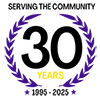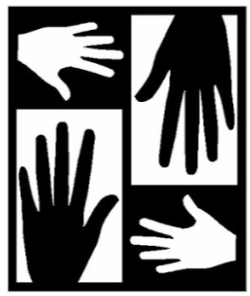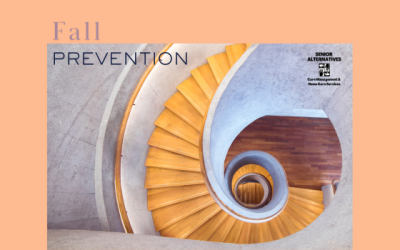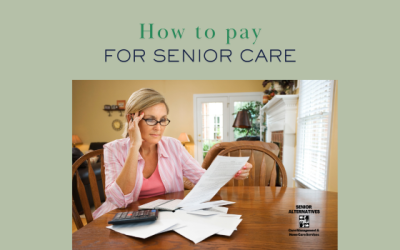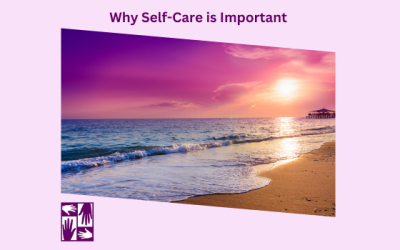
More than 99% of breast cancer cases happen in women. The older you get, the more likely it is you will develop breast cancer. However, once a senior is 75 years old, the chances of getting breast cancer as you become more elderly starts to decrease. The American Cancer Society says that about 5 to 10% of all breast cancer cases are inherited. The mutated genes most likely to be passed on that indicate a higher likelihood of having cancer are BRCA1 and BRCA2. You have about a 70% chance of getting breast cancer by age 80 if you have one of these gene mutations.
Breast cancer is the most common form of cancer found in elderly women. A woman has a one-in-eight chance of developing breast cancer over her lifetime, according to the National Cancer Institute. Some people recover well but others may need assistance at home, or caregivers. Family caregivers may not be enough and it’s possible that hiring home care services may work better for everyone.
One of the most important steps in beating breast cancer is catching it at the earliest possible stage. This is why it’s vital to know the signs and symptoms. The most common symptom is a lump on your breast. While most lumps on the breast are benign, about 20% are cancerous. They’re especially concerning if you’re over 40, because it is more likely the lumps are connected to cancer.
Unfortunately, there is no clear, defined way to prevent breast cancer. However, there are suggestions made by researchers and doctors in order to reduce the risk of getting breast cancer. According to the CDC, these include:
-
Maintaining a healthy weight
-
Not smoking
-
Limiting alcohol intake to one or fewer drinks per day
-
Being physically active
-
Breastfeeding (if you have children)
If you have any questions regarding breast cancer, contact your primary care provider or get in touch with an oncologist in your area.
The guidelines for mammography vary. Talk with a healthcare provider about your risk for breast cancer and the best screening plan for you. The U.S. Preventive Services Task force states that the decision to start screening mammography in women under age 50 is an individual one, and recommends screening every other year for women ages 50 to 74. It offers no guidance for women 75 and older because there isn’t enough evidence to indicate whether the benefits outweigh the risks for senior women. Especially if a senior already needs home care and senior assistance, there may not be a need for such a screening. The best advice is to decide whether to continue having regular mammograms based on your health and other preferences.
Breast cancer is the most common form of cancer found in elderly women. A woman has a one-in-eight chance of developing breast cancer over her lifetime, according to the National Cancer Institute. Some people recover well but others may need assistance at home, or caregivers.
Related Articles
September is Fall Prevention Awareness Month
As we get older, a simple trip or fall can have serious consequences, impacting our mobility and confidence. The good news is that most falls can be somewhat preventable, read on for more tips…
Funding Options for Older Adults
This guide will walk you through the many ways to pay for senior care and support, it will show how families and elders can supplement care and senior housing.
International Self-Care Day 7/24
The date, 7/24 symbolizes the idea that self-care should be practiced 24 hours a day, 7 days a week. It’s a gentle nudge to make self-care a daily priority, not just a once-a-year activity. Read more on ways to create a self-care plan.
